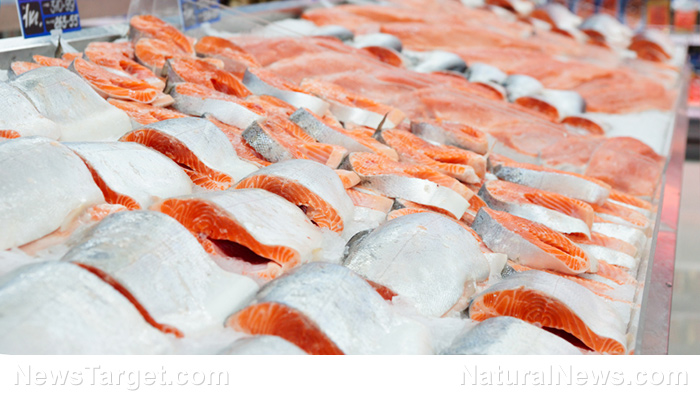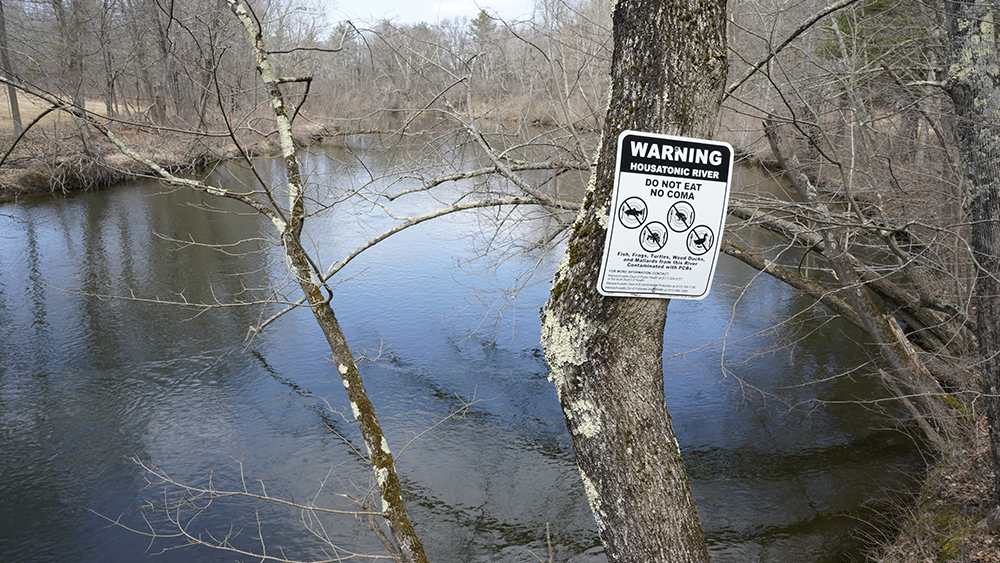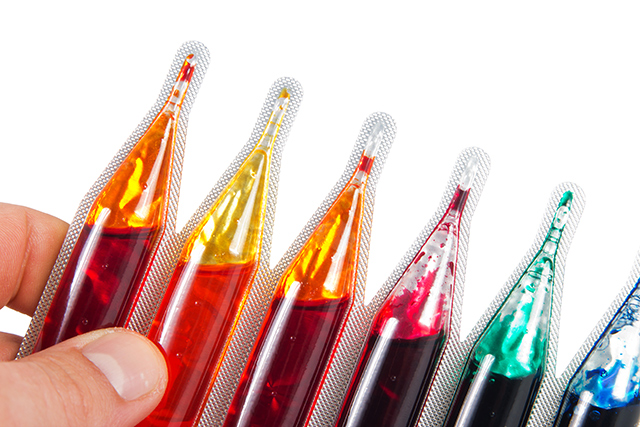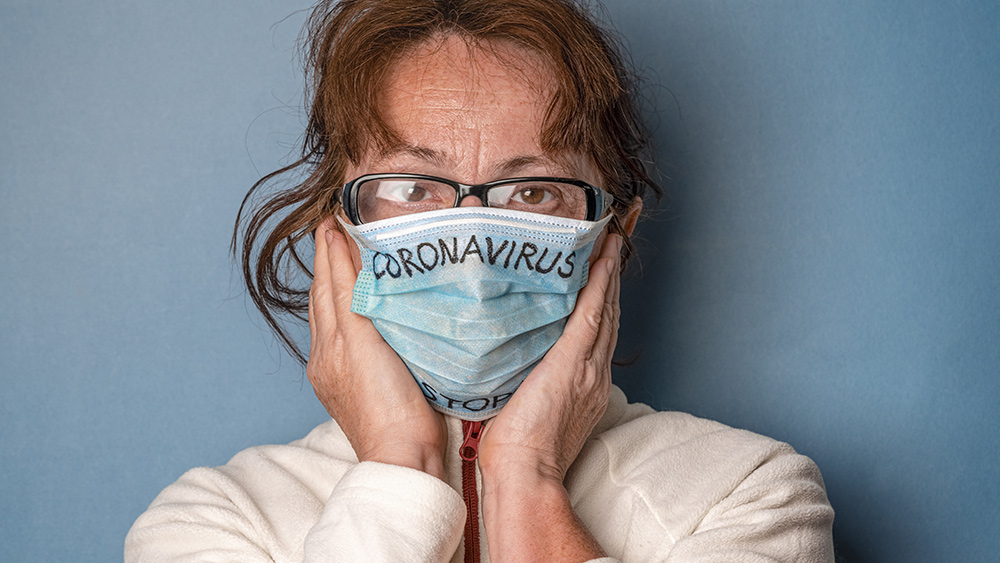Farmed salmon as toxic as junk food and may cause diabetes and obesity, researchers claim
07/13/2022 / By Zoey Sky

Salmon is one of the most popular seafood in the United States. It’s also a beloved superfood that is full of beneficial omega-3 fatty acids.
But according to a study published in the journal Alternative Medicine Review, farmed salmon is inferior to wild salmon because the former is full of chemicals and is generally less nutritious.
The issue of toxic chemical contamination in fish isn’t a new problem because it dates back decades, with investigations confirming high levels of persistent organic pollutants (POPs), such as polybrominated diphenyl ethers (PBDEs) flame retardants restricted or banned in the U.S. and U.K., polychlorinated biphenyl (PCBs), dioxin (a by-product of pesticide manufacturing) and ethoxyquin (a pesticide preservative in fish feed).
Studies have linked POPs to several diseases, including obesity and Type 2 diabetes. Data also suggest that obesity might be even more of a risk factor for diabetes when POPs are present in your body.
Additionally, specific types of POPs increase the risk of stroke in women. This means it’s best to avoid farmed salmon because levels of PCB, one type of POP, are 16 times higher in farmed fish than in wild fish.
The aquaculture industry, which involves farmed seafood, repeatedly faces sustainability issues because many businesses often fail to adhere to environmental regulations and threaten marine health. Additionally, the extensive use of pesticides in local marine ecosystems has resulted in coastal habitat loss and increased genetic and health risks to wild marine populations.

The insecticides used to kill salmon parasites like fish lice have also caused widespread disease persistence and pest resistance.
Study shows farmed salmon contains toxins
Food analysis results show that the consumption of farmed salmon fillets is linked to higher rates of metabolic disorders like diabetes and obesity. They contain levels of toxins, like PCBs and dioxin, that are five times higher than levels in other tested foods.
The report suggests that the primary causes of farmed salmon toxicity can be traced to toxicants in fish feed and environmental concentrations of the chemicals from either terrestrial sources or farmed fish itself.
Farmed fish like salmon use one of the most high-risk aquaculture practices: open-net pens in coastal and offshore regions. These pens allow easy exchange of waste like fish feces; chemicals like pesticides and pharmaceuticals; and parasites or diseases such as sea lice between the farm and the surrounding ocean environment.
The discharge of waste, chemicals and parasites or pathogens may harm marine organisms and plants and disrupt ecosystem services. These pens are usually kept in relatively remote areas that are somewhat hidden from public view.
Farmed salmon live in very crowded conditions, unlike wild-caught fish. (Related: Eating polluted seafood can weaken your immune system, study concludes.)
Farmed fish consume food that may contain various pharmaceuticals like antibiotics or insecticides to control diseases and pest infestations that frequently occur in these crowded conditions. Additionally, farm pens can attract predators like marine mammals that can tangle and drown in fish farm nets.
The U.S. permits the use of the pesticide ethoxyquin on fruit, vegetables and meat meant for animal feed, with no intended uses on fish. But fish feed manufacturing companies have yet to address the use of ethoxyquin as a preservative to prevent oxidization or the spoilage of fatty tissue.
Findings from farmed salmon testing reveal their levels of ethoxyquin are up to 20 times higher than levels allowed in fruits, vegetables and meats. And while there are no intended uses of ethoxyquin on food for human consumption, the chemical can still pass to humans from contaminated food sources.
Current pesticide use and pollution contaminate both farmed and wild salmon populations. At the same time, banned legacy pesticides like chlordane, DDT, dieldrin and toxaphene still contaminate many major waterways, including shorelines where fishing is common.
These legacy pesticides remain in the environment for decades because they are relatively stable, with long half-lives. This slower breakdown rate and affinity to lipids or fats allow these chemicals to accumulate in the fatty tissue of many marine species, including fish like salmon.
Compared to wild salmon, farmed salmon has a much higher fat content. This means the latter can potentially accumulate more lipophilic or fat-loving toxic chemicals. This is why the report advises consumers to choose wild-caught Alaskan salmon, which has a lower fat content but a shorter life cycle.
Fish with shorter lifecycles, like small fish such as anchovies and sardines, usually have a lower fat content and are a better choice if you are trying to limit your exposure to harmful chemicals.
The researchers also recommend smaller fish, which have “low contamination risk and higher nutritional value” like herring and fish roe or caviar, which is full of important phospholipids that nourish the mitochondrial membranes.
Visit CleanFoodWatch.com to read more articles about other toxic foods that you should avoid.
Watch the video below to know why farmed salmon is one of the world’s most toxic foods.
This video is from the ScottishWatchman channel on Brighteon.com.
More related stories:
Raising farmed salmon means KILLING tons of wild fish to make fish food.
Here’s why wild-caught is better than farm-raised salmon: It has a more diverse nutritional profile.
Sources include:
Submit a correction >>
Tagged Under:
aquaculture, clean food watch, diabetes, ethoxyquin, farmed fish, farmed salmon, food science, franken food, grocery, health science, metabolic disorders, obesity, persistent organic pollutants, products, research, toxic chemicals, toxic food
This article may contain statements that reflect the opinion of the author


















